Joystick Binary Carbon 35 Handlebar
| Where To Buy | |||
|---|---|---|---|
Free shipping on orders over $50 (continental U.S. only).
International shipping available. Some exclusions apply. |
|||
Free shipping on orders over $50 (continental U.S. only).
International shipping available. Some exclusions apply. |
|||
Joystick started up in BC in late 2011 as a small initiative focused on making quality components. Almost 3 years later, the company has a fairly impressive line of bars, stems, saddles and grips available, all developed with the input from a number of high-profile riders who ride for and with the brand. We were able to lay our hands on some of the newest 35-mm standard bars and stems they make, and we wasted little time putting them to the test to see how they stack up out on the trail. After the 8-bit alloy DH stem and bars we tested earlier, now it’s time for us to weigh in on the carbon Binary 35 and Digger stem.

Joystick Binary Carbon 35 Handlebar Highlights
- Bar Width: 760mm
- Rise: 20mm
- Bend: 9°
- Upsweep: 6°
- Weight: 194g
- Material: Binary Carbon
- MSRP: $169.99 USD
Joystick Digger Stem Highlights
- Fully CNC machined
- Controlled clamping system reduces stress risers
- 50mm length
- 35mm clamp
- Weight: 150 g
- MSRP: $120 USD
Initial Impressions
Riders from BC and beyond will no doubt have done a double take upon hearing the “Digger” name associated with a component. Todd "Digger" Fiander is a legendary trail builder who has been digging trails on the North Shore for over 30 years. Joystick partnered with Todd to create the Digger line, a significant part of the proceeds from which will go to Digger and his quest for building and maintaining trails. Sharing is caring!
Out of the box, the Binary bar and Digger stem both give an impression of quality. Material, machining, and graphics all seem to be the result of attention to detail and proper workmanship. Much like the 8-bit alloy bar previously tested, the Binary handlebar is soberly understated and discrete in stealthy black. The Digger stem is a beautiful piece of work with an innovative clamp design, meant to help distribute pressure on the handlebar more evenly, and also make set-up easier.

The handlebar features a number of markings to help you install and align your controls, as well as cut lines at the ends should you want less than the 760-mm on offer. There is a rough surface material applied to the central part of the handlebar to help with avoiding any slipping.

Installation was smooth, and the tight tolerances we observed definitely instill confidence. The hardware supplied is quality, and the design of the stem takes the guesswork out of tightening down the bolts. Tighten down the top bolts until the plate is flush, then do up the bottom bolts to torque spec.

The Binary Carbon bar features a 9 degrees back and 6 degrees up sweep, and based on our positive experience with the 8-bit Alloy bar, we were looking forward to seeing if results here would be similar. All we had to do now was hit the trail!

On The Trail
6 and 9 are classic handlebar measurements, and although we’ve sometimes found 6 degrees of upsweep to be a bit much on some bars the Joystick bar was instantly comfortable. Finding the right angle was easy, and we immediately felt confident at the helm.

The Binary bar is stiff and solid. It is not necessarily rough on your hands, but it definitely is on the stiffer side. Perhaps it’s because it’s “only” 760-mm wide (funny how quickly that got to be “only” 760 already!), but we felt less compliance here than on the wider 8-bit Alloy bars. As for the 35-mm standard, it would seem that it allows companies to actually reduce the weights of their bars even further, but other than that, we can’t say we’ve noticed a real effect on how they feel, even after testing multiple offerings from different vendors. 195-grams for an enduro-ready bar is certainly impressive, and without any apparent drawbacks to the 35-mm standard beyond having to also replace your old stem to run the fatter bar, we have no qualms about it on the Joystick here.

Initially, we tightened down our controls as we would on an alloy bar (i.e. snug but not more so they can twist in case of a crash), but that proved to be not quite enough on the carbon version. A little bit more pressure was needed on the brake levers and shifters to ensure they wouldn’t twist while riding, due to the slightly more slippery surface of the carbon here. Once we figured that out, everything was solid, and remained so for the entire test. The cockpit is completely free of creaks and cracks, testament to fine tolerances and good design. We are certainly fans of the way Joystick designed the clamping plate on the Digger stem, it really is very easy to install and on the evidence, definitely holds the bars in place without issue.
Things That Could Be Improved
Without it being to the point of causing suffering, the Binary bar is just a little on the stiff side for our taste. It is very confidence-inspiring and as solid as you could want when you have to manhandle the bike, but it could perhaps be a tiny bit more compliant. As for the graphics, some will love the stealthy (but classy) look, others may bemoan the lack of a more colorful option.
In regards to pricing, $169.99 for carbon bars is a fairly competitive price point, and although $120 for the stem is not the cheapest option out there we feel there is enough innovation in the design to warrant the premium. Additionally, you can feel good about your purchase knowing that part of the proceeds go straight back into creating more awesome trails for people to enjoy!
Long Term Durability
The Binary bar and Digger stem have been going strong for a couple of months now, on a bike that sees a lot of riders on it, and neither have much of a mark to show for it. The graphics are solid as is the general finish of both products. Joystick didn’t mess around when they put together their pro-rider stable, and if these heavy-hitters are happy to send it with their goods, then the rest of us can feel pretty confident about it too. We have no reason to believe in anything less than many more happy rides ahead at this point.
What’s The Bottom Line?
If you are into giving the new 35-mm standard a try, there are already quite a few options out there. Joystick has come through with a solid and good-looking cockpit in the Binary 35 bar and the Digger stem. The stem is beautifully made and brings real innovation to the clamping system. The bar offers comfortable angles and good reliability, meaning that it can stay on your bike for seasons to come, and if 760-mm is wide enough for you, we have no reservations about recommending this combo for your cockpit shopping list. Note that Joystick also makes an 800-mm wide carbon bar (the “Analog 35”), which just might address our slight issue with the stiffness of the Binary 35.
More information at www.ridejoystick.com.
About The Reviewer
Johan Hjord loves bikes, which strangely doesn’t make him any better at riding them. After many years spent practicing falling off cliffs with his snowboard, he took up mountain biking in 2005. Ever since, he’s mostly been riding bikes with too much suspension travel to cover up his many flaws as a rider. His 200-pound body weight coupled with unique skill for poor line choice and clumsy landings make him an expert on durability - if parts survive Johan, they’re pretty much okay for anybody. Johan rides flat pedals with a riding style that he describes as "none" (when in actuality he rips!). Having found most trail features to be not to his liking, Johan uses much of his spare time building his own. Johan’s other accomplishments include surviving this far and helping keep the Vital Media Machine’s stoke dial firmly on 11.
Specifications
| Where To Buy | |||
|---|---|---|---|
Free shipping on orders over $50 (continental U.S. only).
International shipping available. Some exclusions apply. |
|||
Free shipping on orders over $50 (continental U.S. only).
International shipping available. Some exclusions apply. |
|||






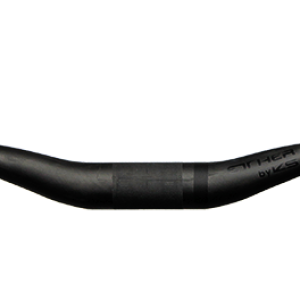
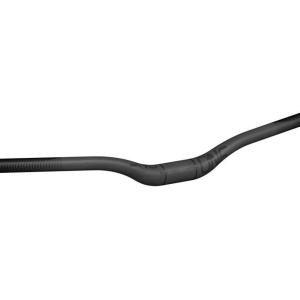
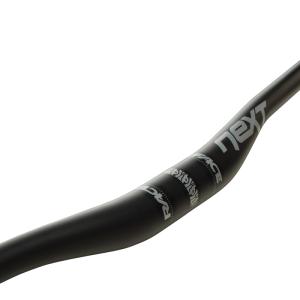
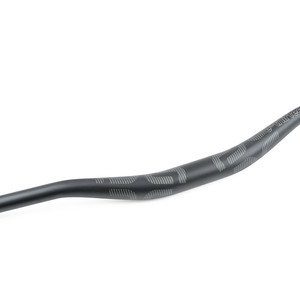
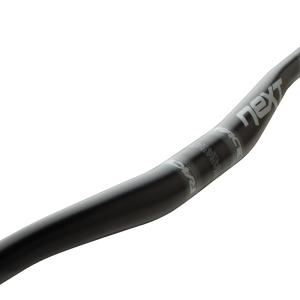
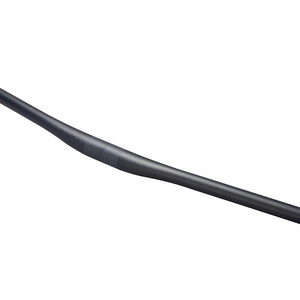
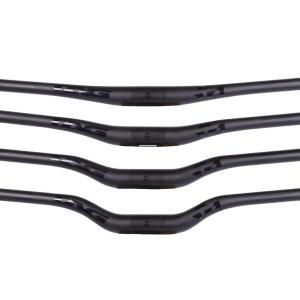
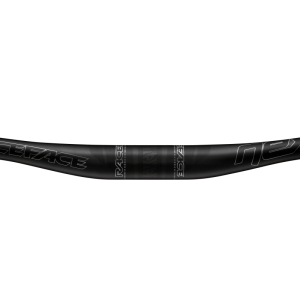



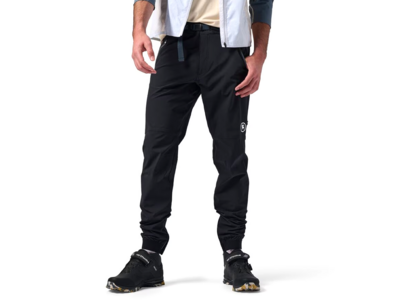





0 comments
Post a reply to: Tested: Joystick Binary Carbon 35 Handlebar and Digger Stem